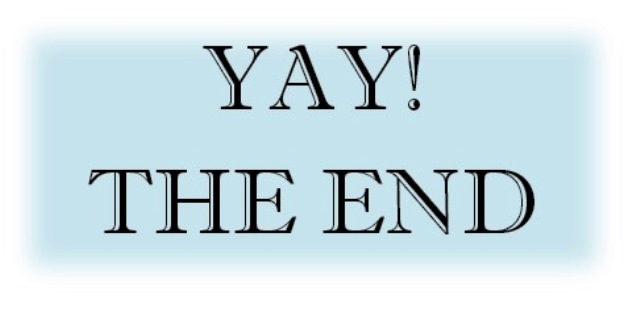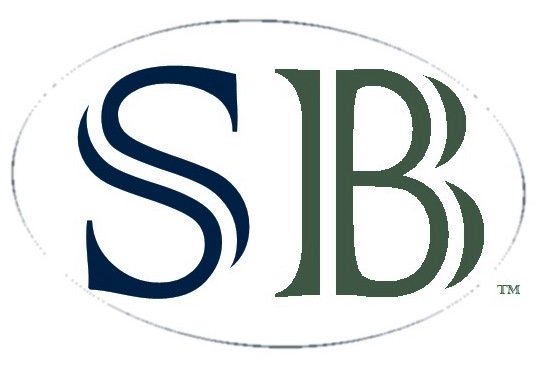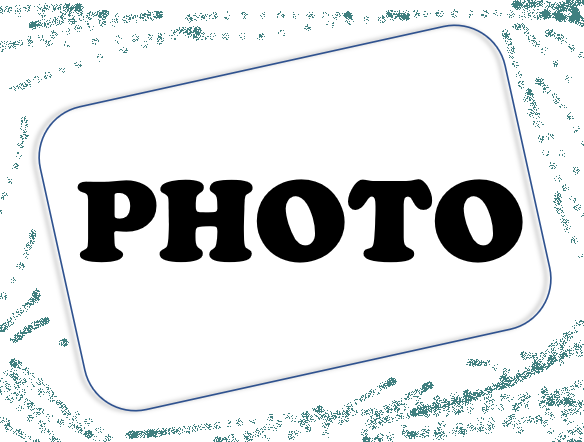How to Write a Conclusion . . .

You're here because you need ideas or information about how to write a conclusion. And, I don't blame you. The ending is the last thing your reader (or instructor) will read.
Not only do you want to leave a good impression, but you want a memorable conclusion. Then your reader will remember you and leave your written world with a good feeling about your work.
If the essay is for an assignment, then it's especially important to show that you included all the important elements the assignment requires and make any final statements.
Consider How You Will Part With Your Reader
In How to Win Friends and Influence People, author Dale Carnegie says that people may forget everything you said, but they will always remember the way you made them feel.
When you're thinking about how to write a conclusion for your paper or essay, consider how you want to part with your reader.
How do you want them to feel when they finish reading your work? How do you want them to remember what you wrote? Think about that ... when pondering how to write a conclusion.
How to Write a Conclusion: 5 Ways
to End Your Essay
#1 End with a Quote to Inspire Your Reader
Think of what your paper is about. Is there some inspiring quote that captures all of what you're saying? Or, makes the point clearer?
Here's how to write a conclusion using a quote (with an example below):
Begin the last paragraph with the quote followed by your final ideas or points. Or, end the last paragraph with a quote.
Good idea, but where do I find a great quote that brings my point home?
There are several places to find quotes: a quote book or a website are great places to start.
When selecting a quote to use in your writing, the most important point to consider is whether using a quote or a particular quote makes sense in your essay. Don't just throw a quote into the last paragraph and call it a day.
Use the quote to add meaning to your paper. If the quote won't add meaning, then end your piece in a different way.
Quote Example:
“The most important questions in life can never be answered by anyone except oneself,” said John Fowels. I thought a lot about that question over the course of the past few months. I’ve wondered what to do after graduation or where to work. This experience showed me that I can ask people what they think, but what truly matters is what I want for myself. Only when I look within to understand what I want will I truly be happy and make the right choice for me.
#2 Challenge Your Reader to Take Action
I think we all like to be challenged--in some way or another.
But, it is particularly profound if you're writing about a problem. Such as global warming. Or, animal rights. Feeding the hungry. Helping those in need.
Here's how to write a conclusion that challenges your reader...
First, provide a brief recap of evidence from your paper. Then pose your challenge--i.e. Why do it? Help others! Be the change you want to see in others!
Then, just say the challenge.
Your readers will have read your evidence, and your heart-felt call to action may compel them to do something.
I've place an example below.
Challenge Your Readers Example:
Many people want to stop smoking, but whether they do or not is up to them. Statistically speaking, smoking is not good for your health. You have a greater chance of developing lung, throat, and other cancers. Why risk it? I challenge you to stop smoking and improve your life. Not only will you feel better on the inside and out, but you may inspire others to do the same.
#3 Inspire Your Readers by Reinforcing a Lesson Learned
In some papers, you may share a personal story or one from someone else. These are the perfect type of papers to reinforce something you learned (shared within the paper).
Here's how to write a conclusion that's inspirational and reinforces the lesson you learned:
One way is to state a mini summary but to do so simply and using different words. Then share the overall lesson in a different way than you shared throughout your paper.
What I mean is, tell your story in the paper. The reader visualizes it and gets your lesson. But, it isn't until the end when you actually state what that lesson is specifically. And, you do it by saying it to yourself and the reader. (Because of this, writing these types of essays may help in your own personal learning and healing in some way.)
Below is an example.
Inspiring Your Readers With Your Lesson Learned Example:
Next week I'll be home. And, all that I’m experiencing now will be a distant memory. However, I will never forget the lonely frustration I felt the first time I went through the checkout in a German grocery store. The seated clerk scanning my things at warp speed. Her demanding eyes intently staring in my direction while I tried to bag my stuff and pay her simultaneously. I couldn’t help but feel that nothing I did was fast enough for her--or the masses that stood in line behind me. But I'm quick now. So, I will remember to have patience when I go home, especially when the store clerk takes all day to ring up my items while asking me a bunch of mundane questions about my day. I will think of this experience again when I see a foreigner visiting my country struggling to get what he or she needs. I will remember to help those people, because I never want anyone to feel as alone and helpless as I did that first day buying my American sandwich bread and peanut butter in a German market.
#4 Reveal a Secret...
This is one of my favorite ways to conclude. You share something you purposely left out and save it for the end.
It's particularly good when you have a juicy detail.
Here's how to write a conclusion revealing a secret at the end:
Write the story, but leave out one important detail--the juiciest or grossest one that would surprise readers.
Then incorporate it into your conclusion. And, wow your reader.
There's an example below.
Reveal a Secret Example:
Looking back on that day, I realized something. It was a painful something that I’m not sure I even want to share now. But, I will--to help you. I didn’t know that there are different bins for garbage and recycling. For weeks, I placed all my garbage--including my used tissue--in the paper recycle bin, since I couldn't read the German on the label. Those recycle guys must have hated me. Gobs and gobs of my snotty, cold-infected tissues were in that bin . . . along with my juice cartons, apple cores, and left over pasta. Each week, peaking through my blinds, I wondered why they were digging in and sorting my trash before hauling it all away. I think one of them caught my cold from all those tissues too! A few weeks later, I saw the one with the dark mustache blowing his own red nose into a hankie...just as I read the charges from the garbage company. He looked as miserable as I felt those first few weeks in my new country. But, not nearly as miserable as I was learning the extra I now had to pay for my mistake!
#5 The Cliff Hanger...Make Your Reader Want to Learn More!
Sometimes, this technique is used too much. It is great for writing stories.
But, for more serious essays, academic writing, or writing at work, this may not be the best way to conclude. (It may be useful, though, in marketing materials--in the call to action section.)
If you're writing a reflection or some other type of personal writing that tends to be more reflective in nature, then the cliff hanger technique could work very well.
Here's how to write a conclusion using a cliff hanger:
First, craft your story. Then as you conclude, leave a detail open. What I mean is, don't say what that detail is specifically.
It could be not stating a place the main character (or you) will go, what someone said after something happened, or a small detail that would leave the readers wondering what it was... just enough to bug them and make them curious but not enough to anger them the way J.D. Salinger does in The Catcher in the Rye. (If you've never read that book, Salinger doesn't tell how the story ends; he just ends it ... and it's frustrating for readers.)
Here's an example below.
Cliff Hanger Example:
The time I spent in Cologne was amazing. From the fresh salads and bread to walks along the Rhine River. I will miss this place. But, I think the Galeria department store will miss me even more. I can’t tell you how many times I shopped there. I bought my lederhosen there. And, my school supplies. I even bought my first German beer there on the bottom floor. But, the best things I bought are the gifts I take home with me. And, I can’t wait for my mom to see hers--she'll be real surprised!
Think about how you want your reader to remember your ideas in your essay--instead of worrying about how to write a conclusion.
Writing a conclusion is almost like saying goodbye. Your reader has been with you a long time. Perhaps 2, 5, 10, or 20 pages.
For some people, that may be an afternoon!
Some people say to end with "tell them what you told them."
But, that doesn't give the reader anything...nor is it the best way to write a conclusion.
How to write a conclusion depends more on what message you want your reader to take with him or her.
So, write a conclusion that is worth more to the reader. One that is a bit more thoughtful. And, leaves your reading thinking.
They will remember your message more and leave willing to read something written by you again.
Advertisement:
Advertisement:







